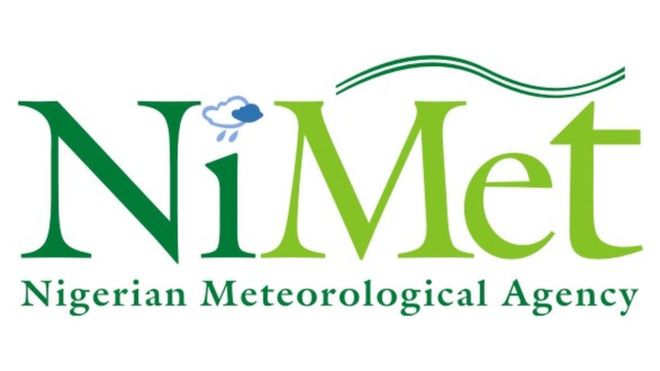NiMet Conducts Metadata Exercises to Assess the Functionality and Efficiency of Weather Observation Stations.
Oru Leonard
The Nigerian Meteorological Agency (NiMet) has undertaken rigorous metadata exercises to thoroughly evaluate the functionality and effectiveness of its weather observation stations. These exercises comprehensively assess various vital elements, including equipment condition, personnel availability, infrastructure maintenance, and data quality across diverse geographical locations. This proactive approach highlights NiMet’s commitment to enhancing the precision and dependability of its weather observation systems to better cater to the needs of the Nigerian populace and various sectors reliant on meteorological data.
NiMet still relies on unreliable and unverified metadata information. Therefore, the need to collate an inventory of accurate metadata for all surface-based observing stations/platforms including AWOS under the WMO Integrated Global Observing System (WIGOS) umbrella which features station histories and records, suitable for national, regional, and global purposes is not negotiable. Observational metadata, i.e., information on the capabilities of observing stations/platforms and their instruments and methods of observation, should be given utmost attention.
Metadata provides basic and relevant information about the data. The administration of data that describes other data is essential to the quality and validity of both structured and unstructured data. To this end, it is important to have accurate metadata information in the database of the agency.
Speaking on the need for the exercise, the Director General and Chief Executive Officer of NiMet, Prof. Charles Anosike said; “On assumption of office in December 2023, NiMet management realized that most of NiMet metadata information was inaccurate. Efforts had been made in the past to gather and collect exact raw metadata information directly from various geographical locations where Meteorological Stations are sited but to no avail. Some locations do not even have WMO ID, ICAO ID, Latitude, Longitude, Elevation e.t.c., and some locations within Nigeria, when plotted on maps fall off outside the country’s national geographical boundary and territorial waters, hence the need for accurate metadata update”.
Continuing, Professor Anosike said, “The importance of metadata information can not be overemphasized when it comes to the better organization of data and improved interoperability and integration. Its optimal use helps to gather better insights to improve product generation, upgrade processes, and ensure grid alignment of coordinates, as well as storing unstructured data such as images, videos, web pages, and spreadsheets.”
The Metadata exercise was a success; all the stations in Nigeria have been updated, and the process of uploading to the World Meteorological Organization (WMO) Oscar platform is currently ongoing.




